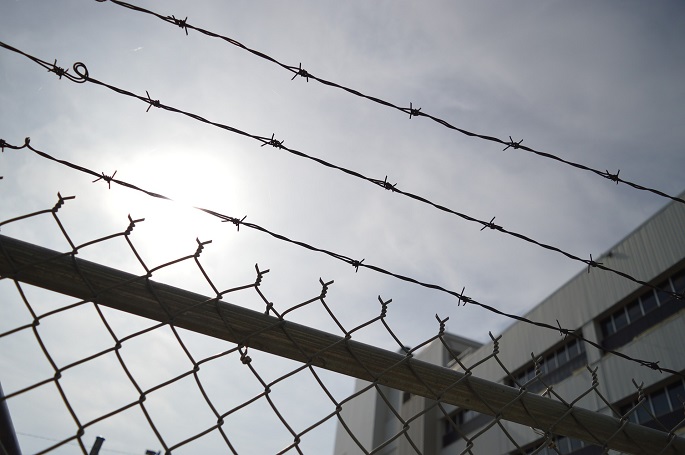American sex offender gets life sentence for exploiting Filipino children
Published : 28 May 2020, 20:57
A Philippine lower court has sentenced an American to life in prison after he was found guilty of three counts of "large-scale qualified trafficking in persons," according to the International Justice Mission (IJM) on Thursday.
The IJM, a global anti-trafficking NGO, identified the convict as David Timothy Deakin, 55. He was arrested in April 2017 in a rented apartment in Angeles City in Pampanga province, north of Manila.
The National Bureau of Investigation of the Philippines conducted the raid at Deakin's apartment that led to the seizure of a large amount of digital evidence related to online sexual exploitation of Filipino children.
Judge Irineo Pangilinan, who rendered the decision on Tuesday, also ordered Deakin to pay a fine of 2 million pesos (roughly 40,000 U.S. dollars). He was also ordered to pay each victim the amount of 500,000 pesos (roughly 9,900 U.S. dollars) representing moral damages, and an additional 100,000 pesos (roughly 2,000 U.S. dollars) as exemplary damages as civil indemnity for his crimes.
"Let this sentence be a message to OSEC (online sexual exploitation of children) criminals: this is a war you can't win. We are strongly pursuing those who abuse our children and exploit them through the internet. You will not get away with this," said Janet Francisco, chief of the NBI's anti-human trafficking division.
A day before Deakin's sentencing, the Department of Justice (DOJ) reported a steep upswing in online child sexual abuse cases while the country was on coronavirus lockdown.
Citing data by a private nonprofit organization, the DOJ Office of Cybercrime said 279,166 sexual abuse cases were reported from March 1 to May 24 in 2020, an increase of 264.63 percent compared to 76,561 cases over the same period in 2019.
"Within three years, the estimated prevalence rate of internet-based child sexual exploitation in the Philippines more than tripled -- from 43 out of every 10,000 internet protocol (IP) addresses used for child sexual exploitation in 2014 to 149 out of every 10,000 in 2017," the IJM said in a statement this month.
The IJM added the Philippines has become "a global hotspot for online sexual exploration of children with data from participating law enforcement agencies globally showing that the country received more than eight times as many referrals as any other country during the 2010 to 2017 baseline period."


